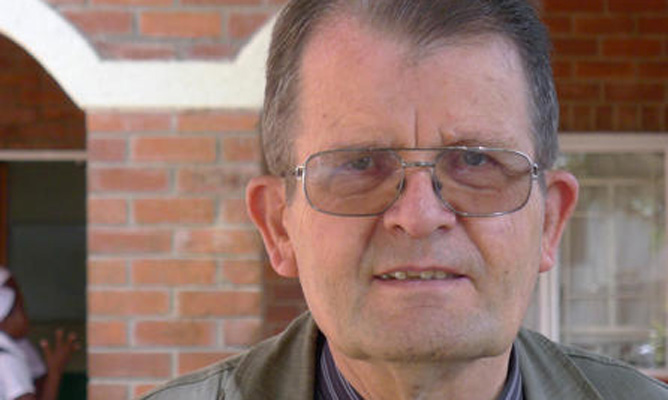
IF you want first-class professionals you enquire about their studies and character formation.
Nowadays the public is concerned about the low moral calibre of certain church ministers, and of government ministers that are hardly better.
Pastors who are accused of rape, seduction of married members of their flock, sexual abuse, or corruption give the Church a bad name. People feel let down.
We must ask — what kind of training and formation have these ministers received? There are four areas that need attention: Forming the human character and instilling good moral qualities; spirituality and life of prayer; academic studies giving the future pastor a deep knowledge of Scripture and theology; pastoral skills in relating to people.
The elders of the Church who consider a candidate must ask the one crucial question: What is his/her motivation in wanting to be a minister of the church or pastoral worker? Do candidates merely look for a comfortable social position? Or for economic security? Is personal ambition driving him/her? Or are they truly called by the Lord of the Church and have a genuine vocation? This needs testing over several years. Not only Church authorities have a say in this. Even ordinary church members should be invited to give their views.
Nobody is appointing himself as shepherd of the flock. In the early church, as reflected in Scripture, the elders of the Church selected the persons they wanted to send on a mission and laid their hands on them as a sign of their call. Even today the Church is doing this. Bishops ordain candidates after years of training and testing by the laying on of hands.
If there are failures we have to seek the cause in insufficient character formation and spiritual training. Academic excellence alone does not make for good and caring and responsible ministers, ready to serve rather than rule as bosses.
But can it be taken for granted that there are in fact responsible authorities guiding a church community? Unfortunately not. Going by the number of churches, religious movements, spontaneous prayer groups and sects, one might say Zimbabwe is a deeply religious country. In purely statistical terms this may be true.
- Chamisa under fire over US$120K donation
- Mavhunga puts DeMbare into Chibuku quarterfinals
- Pension funds bet on Cabora Bassa oilfields
- Councils defy govt fire tender directive
Keep Reading
But if we ask if the true spirit of the Gospel is present in this myriad of religious movements, we might find that many are fraudulent, more interested in the contents of the collection plate than in the Gospel. Some gullible women find out too late that they have joined the “sex industry”.
I remember years ago when a taxi driver came to interview me about how to start a new church. Ropafadzo Mapimhidze asked recently: “Who should monitor men of the cloth?” (NewsDay, June 13, 2015). In the case of such self-styled “pastors” or “ministers” there just is no one to “monitor” them.
And their number rises every day. If you are out of a job, but own a Bible and can talk, and do not want to risk the crocodiles when swimming across the Limpopo on the way to our more prosperous southern neighbour, starting a new church congregation or miracle campaign is about the next best thing.
Or ministers who have a row with their church superiors can always declare “unilateral independence”, cut the ties to the mother church and start with a new outfit.
There are several umbrella bodies which should set certain standards for churches that have joined them, e.g., the Evangelical Fellowship, The Christian Council of Churches, or the Heads of Denominations, and a few others. But they do not have real authority to discipline members. And most new “ministries” do not belong to them anyway. The problem is gullibility, sheer greed and ambition for power and wealth. How come people join “prophetic movements” where the 10 Commandments (do not kill, steal, give false witness, commit adultery….) are not known, let alone practiced?
Which is not to say that there is no need for “monitoring” even in more traditional churches. Just in recent days the Vatican announced that a new tribunal is to established to deal with bishops who have failed to protect children from abusers among their clergy.
The Church has laws which must be enforced. Every bishop or religious superior has a little manual which tells him/her exactly how to “monitor” an offender against Church law. Church ministers are not outside State law either, and the Church is obliged to report criminal offenders to the police. There is no “protection” for them.
But maybe prevention is better than cure. Which means selecting only truly worthy candidates for the Church office of pastor (which means “shepherd”) or minister (“servant”).
And this is, after all, a problem government shares with the church: How to avoid choosing truly disastrous “ministers” who do not serve the people, but only themselves.
Fr Oskar Wermter SJ is a social commentator











